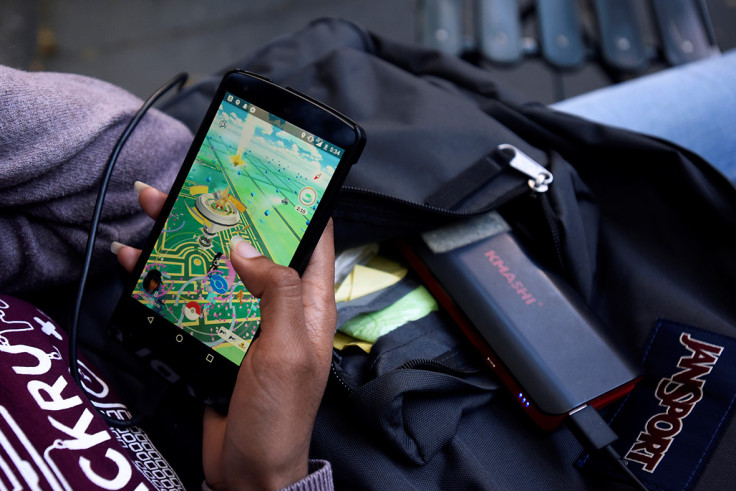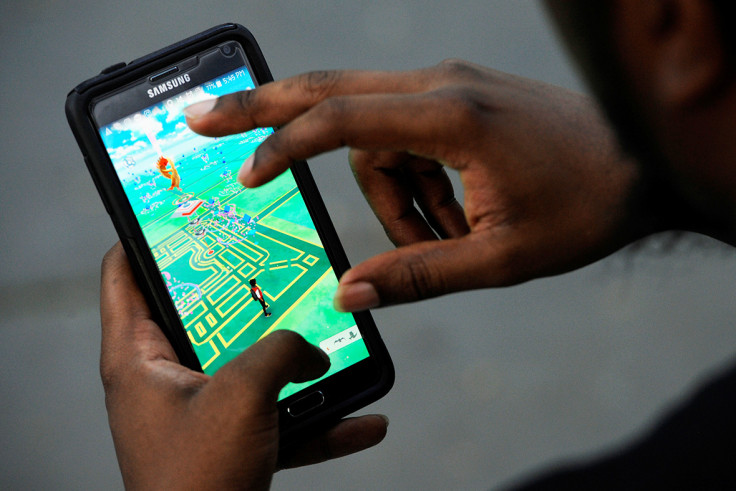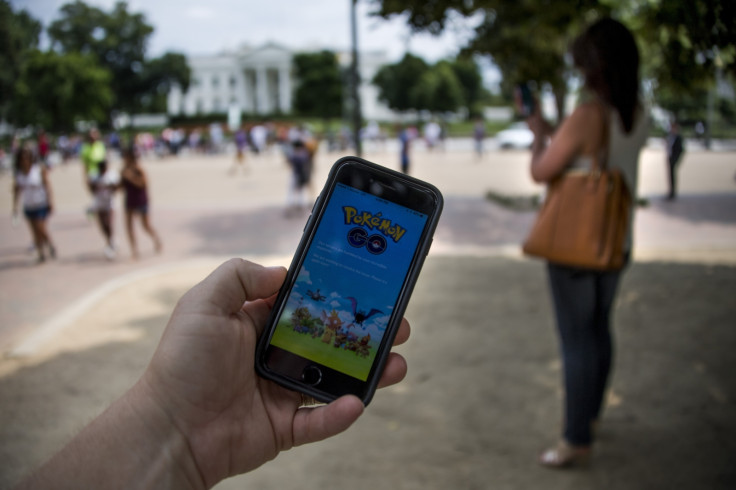Pokemon Go: Is catching a Pikachu on your phone really good for your mental health?
Players are reporting the popular app is helping with anxiety, depression and low self-esteem.
The world has gone Pokémon mad once again. It has been 20 years since the world was first introduced to the virtual creatures and the cards were all the rage – and now, Pokémon Go might just be the most successful app of all time. The game, which allows people to hunt down the monsters using augmented reality, is already more popular than Tinder – and people are searching for Pokémon in the office, on the street and even in cemeteries.
The app has only been out a week, but players have reported a welcome side effect on social media – it is helping their mental health and wellbeing by encouraging gamers to head outside and exercise.

Writing for PsychCentral, psychologist John M. Grohol reported that Pokémon Go was helping users to "get outside, take a walk, talk to others and explore the world" – which can be difficult for an individual with agoraphobia, social anxiety or depression.
Meg Bethany Read, 20, a gamer and journalism student, says Pokémon Go has encouraged her leave the house.
"I suffer from both depression and anxiety and some days I find it hard to get out of bed, let alone leave the house," she says. "I think I went about four weeks without getting past my front door before Pokémon Go came out. I've had the app for about a week now and I've been out looking for Pokémon every single day, which is a pretty big step for me.
"Generally, I just feel a lot happier and not only is that down to the fact that I'm actually getting fresh air and sunshine, but I've also lost 7Ibs already so that's made me feel incredibly good about myself," Read says.

Many Pokémon Go fans have said the app has also helped boost low self-esteem, by helping them enter new scenarios and meet new people.
"My self-esteem issues are what stops me from going out a lot of the time because I'm always afraid that people are looking at me or laughing at the way I look, so to actually have something so small as an app contribute to making those issues go away, it's great," Read says.
Even mental health charities are getting on board with the benefits of hunting for a Pikachu or Clefairy.
"Whilst we frequently hear about technology's negative impact on our mental and social wellbeing, Pokémon Go is an example of some of the benefits," says Nicky Lidbetter, CEO of Anxiety UK.
"It is a game that promotes physical exercise, venturing outdoors – things that are nationally promoted through the 5 Ways to Wellbeing Initiative. Plus, as some players have shown on social media, Pokémon Go provides common ground, both literally and figuratively, to ease social interaction – it's clear to see why those living with anxiety claim it has helped them."
And there is science to back up the anecdotal evidence. Even a 15-minute walk can clear your head and mind, helping you to relax. A 2013 study by Princeton University found physical activity helps prevent stress and anxiety from interfering with normal brain function.

Ben Michaelis, Ph.D, a psychologist and author, says Pokémon Go is a positive development – albeit likely unintended.
"For people who suffer from mental health issues such as anxiety, agoraphobia or depression that tend to keep them from getting out and interacting with the world augmented reality apps and games like Pokemon Go can be helpful for them to engage with the world," Michaelis says.
"There is increasing evidence of this that I have seen in my consulting room with patients who don't get out much or exercise suddenly finding themselves out of their houses and chasing down Pokemon in the real world."
Michaelis adds that while the app is certainly no cure, it appears to be improving some symptoms associated with certain mental illnesses.
"Of course people should be working with their treating clinicians to help them achieve mental health and address the specific symptoms of their own illnesses, but being outside, exercise and highly focused, goal-oriented activities have all been shown to help reduce some of the symptoms associated with anxiety and depression as well as other mental illnesses," he says.
"I think that this feedback holds promise for other game makers to take note about possible benefits of their games."
© Copyright IBTimes 2025. All rights reserved.




















